Health And Medicine
-
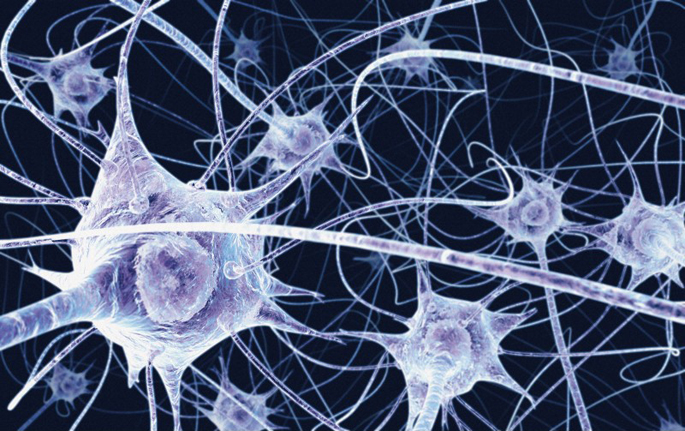
Findings reveal new target in quest to ease schizophrenia
Vanderbilt University researchers have uncovered a surprising finding that could lead to the development of new, more effective therapies for schizophrenia, which affects more than 2 million Americans. Read MoreMay 7, 2015
-

Neurofibromin fine-tunes bone growth
The protein neurofibromin acts as a brake in a signaling pathway that is important in bone development, Vanderbilt researchers have discovered. Read MoreMay 6, 2015
-
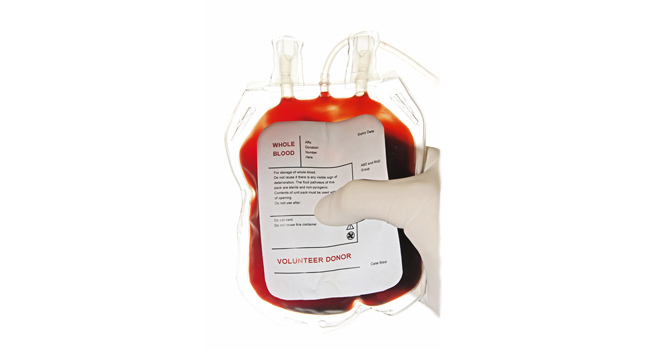
Kids more likely to react to blood transfusions
Pediatric patients have a significantly higher incidence of transfusion reactions compared to adults, according to a study by Vanderbilt University researchers. Read MoreMay 4, 2015
-

New player in neuronal communication
Vanderbilt researchers have discovered a novel mechanism for the development of dendritic spines – sites of nerve cell communication. Read MoreMay 1, 2015
-
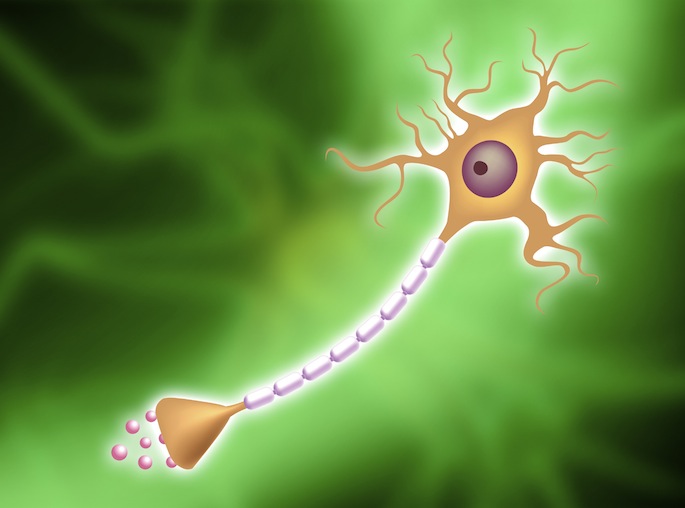
RNA defects in multiple sclerosis
Vanderbilt researchers have discovered that profound defects exist in the integrity of structural RNA molecules in patients with relapsing remitting multiple sclerosis. Read MoreApr 30, 2015
-

Study links post-acute care costs with lower survival rates
A nationwide study, “Uncovering Waste in U.S. Healthcare,” from authors at Vanderbilt University Medical Center and Massachusetts Institute of Technology, finds that spending on post-acute care in skilled nursing facilities (SNFs) provides a key signal of inefficiency in the health care system, leading to higher spending and lower patient survival. Read MoreApr 30, 2015
-

Study team uses metabolomics to study longevity
The keys to longevity have been a source of curiosity and the basis of many research studies for years, yet the mechanisms underlying a person’s ability to live a long life are still not fully understood. Read MoreApr 30, 2015
-

VICC cancer research efforts in spotlight at AACR conference
Adding an investigational drug to an already approved estrogen blocking therapy appears to be safe and provided clinical benefit for some postmenopausal women with estrogen-positive breast cancer. Read MoreApr 30, 2015
-
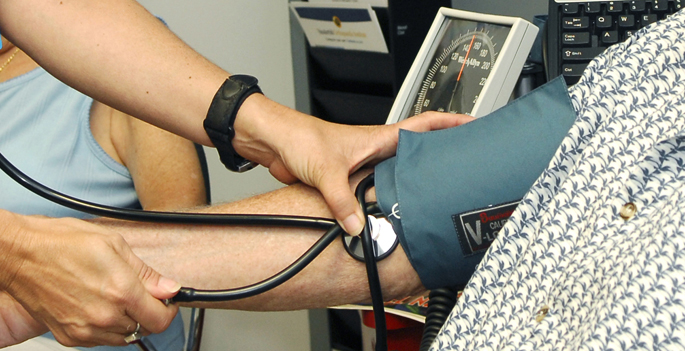
Team tracks how kidney responds to blood pressure meds
Changes in the kidney can limit the blood pressure-lowering effects of thiazide diuretics, a new study reports. Read MoreApr 30, 2015
-

Babies born with drug withdrawal symptoms on rise
The number of infants born in the United States with drug withdrawal symptoms, also known as neonatal abstinence syndrome (NAS), nearly doubled in a four-year period. Read MoreApr 30, 2015
-
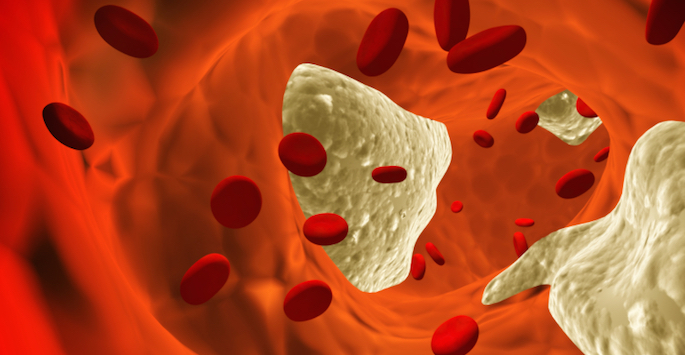
VU team explores new cholesterol processing pathway
A zebrafish model of a rare genetic disease has revealed an unexpected regulatory pathway for cholesterol absorption and processing. Read MoreApr 23, 2015
-

Study reveals biomarker of post-injury spinal cord function
Vanderbilt University researchers have demonstrated, for the first time in a primate model, that injury disrupts neural signaling in the spinal cord and that these changes can be measured non-invasively with functional magnetic resonance imaging (fMRI). Read MoreApr 23, 2015
-

Best hospital depends on cancer type
Best hospital rankings for cancer do not take into account the fact that cancer reflects many different diseases. Read MoreApr 22, 2015
-

Boosting beta cells in diabetes
New findings suggest that it might be possible to treat diabetes by regenerating insulin-producing beta cells in the pancreas. Read MoreApr 20, 2015
-

Stuffed animals bring bacteria to OR
Stuffed animals that pediatric patients bring to the operating room are a reservoir of bacteria that can be effectively sterilized in a household washer/dryer the day before surgery. Read MoreApr 17, 2015
-
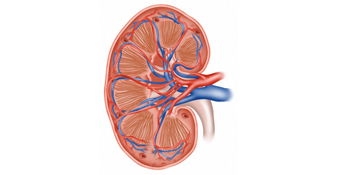
Surprising finding in the kidney
TGF-beta signaling in the kidney was thought to be a target for reducing renal fibrosis, but Vanderbilt researchers report that fibrosis still occurs in the absence of TGF-beta signaling. Read MoreApr 16, 2015
-
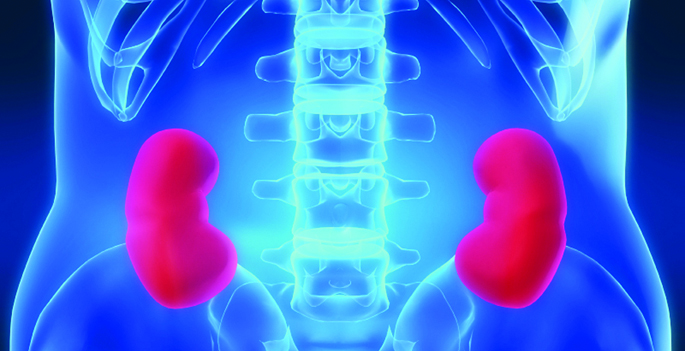
Study shows statin use improves renal cell cancer survival
A new study led by Vanderbilt University investigators found that patients being treated with statins at the time of surgery for kidney cancer, also known as renal cell carcinoma, had improved overall survival and disease-specific survival. Read MoreApr 16, 2015
-

VU team’s cattle research may yield lung disease clues
Vanderbilt University researchers have found a genetic mutation that causes pulmonary hypertension in cattle grazed at high altitude, and which leads to a life-threatening condition called brisket disease. Read MoreApr 15, 2015
-

Remembering Levi Watkins Jr.
Andre Churchwell, M.D., George Hill, Ph.D., Kevin Johnson, M.D., and John Tarpley, M.D., reflect on the life and legacy of Levi Watkins Jr., M.D. Read MoreApr 13, 2015
-

Vanderbilt study finds babies exposed to narcotic pain relievers more likely to experience drug withdrawal syndrome
Legally prescribed narcotics taken during pregnancy can lead to neonatal abstinence syndrome, especially in combination with tobacco or SSRIs. Read MoreApr 13, 2015